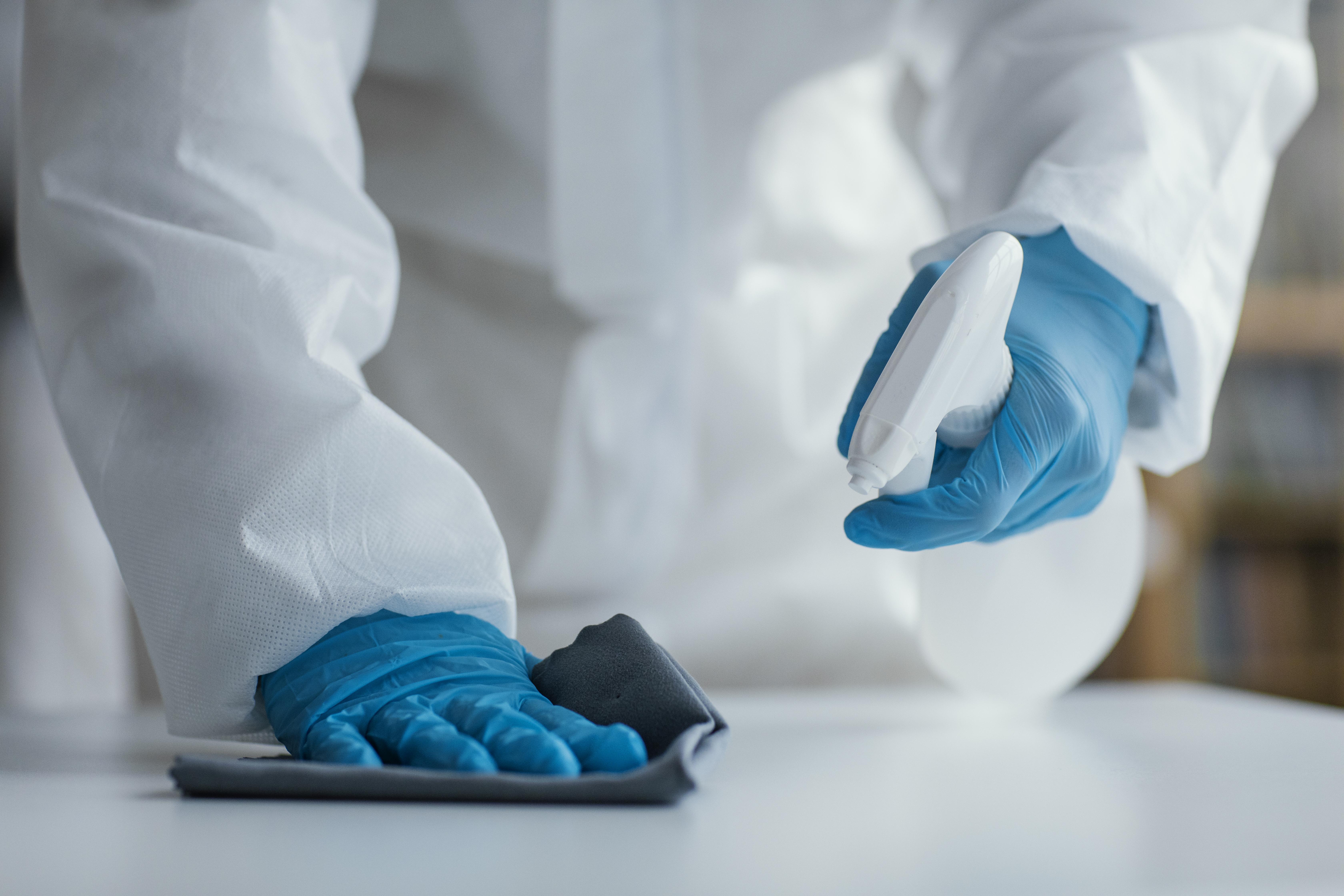September is Dental Infection Control Awareness Month
Sep 02 , 2025
Every September, dental practices across North America participate in Dental Infection Control Awareness Month (DICAM), a campaign led by the Organization for Safety, Asepsis and Prevention (OSAP). This initiative reminds both professionals and the public of the importance of rigorous infection prevention and control (IPAC) standards in maintaining safe dental care.
At Monarch Dentistry, IPAC is a year-round commitment. However, this month gives us an opportunity to educate patients about what infection control really means and how it protects their health during every visit.
Why Infection Control is Critical in Dentistry
Unlike many healthcare settings, dental care requires providers to work in very close proximity to a patient’s mouth. Procedures often involve saliva, blood, and sharp instruments that, if not handled with strict safeguards, can transmit bacteria and viruses. Infection control is not optional — it is foundational to safe, effective care.
The Standards We Follow
Dental practices in Ontario are guided by the Royal College of Dental Surgeons of Ontario (RCDSO), which mandates compliance with Public Health Ontario standards. At Monarch Dentistry, we go beyond the minimum requirements by:
Instrument sterilization: Every instrument is cleaned, packaged, and sterilized in autoclaves that undergo daily biological monitoring.
Personal protective equipment (PPE): Gloves, masks, gowns, and protective eyewear are replaced between each patient.
Surface disinfection: Dental chairs, countertops, and high-touch areas are thoroughly disinfected after every appointment.
Air quality measures: Many of our offices are equipped with enhanced air purification systems to reduce airborne particles.
Training and audits: Our team completes continuous education in IPAC, and we regularly audit our practices to ensure compliance.
What Patients Can Expect at Their Appointment
Patients often notice visible signs of infection control — such as sealed sterilization pouches, protective barriers on chairs, and staff donning fresh gloves and masks. What’s less visible, but equally important, are the behind-the-scenes steps: detailed cleaning protocols, monitoring sterilization equipment, and careful record-keeping to ensure every procedure is traceable and accountable.
When patients understand these steps, they often feel more at ease knowing their dental care is provided in the safest possible environment.
A Shared Responsibility
Infection control doesn’t rest solely on dental professionals. Patients also play a role. Simple actions like arriving on time, rescheduling when sick, and maintaining honest medical histories help the dental team provide the safest care possible. For example, a patient who comes in while ill not only risks delaying their own recovery but could also expose others in the clinic.
How IPAC Builds Trust
Trust is at the heart of the dentist–patient relationship. Patients need confidence that their care is safe. By adhering to rigorous IPAC protocols, Monarch Dentistry ensures that every procedure — from a simple cleaning to a complex root canal — is performed in an environment where risks are minimized. This commitment strengthens relationships with our patients and supports their peace of mind.
Looking Ahead
As dentistry continues to evolve, infection control practices advance as well. New sterilization technologies, improved PPE, and better air filtration systems are continually being integrated into dental offices. At Monarch Dentistry, we stay ahead by adopting innovations that make care safer and more efficient.
Dental Infection Control Awareness Month is not just about checking off requirements — it is about reinforcing the message that patient safety is at the center of everything we do.
When you step into any Monarch Dentistry office, you can trust that your health is our priority, safeguarded by rigorous infection control practices that go far beyond what you see.









